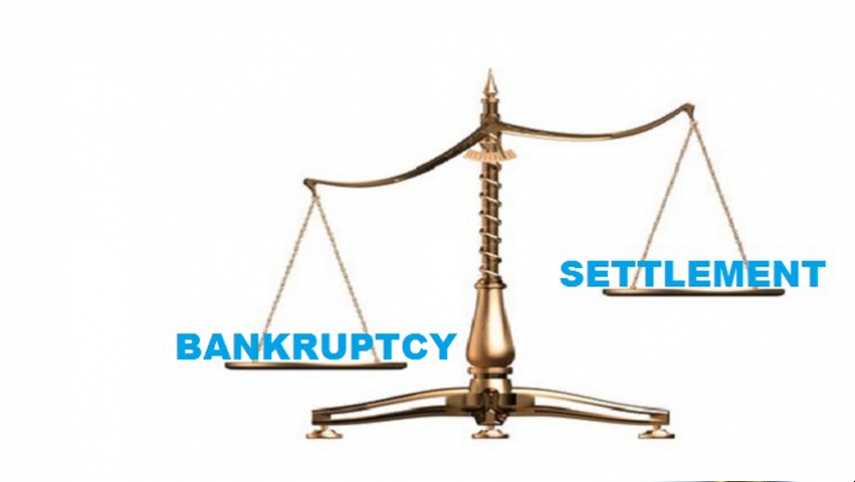
There are a large number of so-called debt settlement agencies advertising services that boast that they can help you avoid a Chapter 13 bankruptcy in Colorado Springs.
If you have overdue medical bills, late car payments and credit cards with sky-high interest, you know you have to take some form of action. And it can be tempting to want to avoid any negative marks on your credit.
But Colorado Springs bankruptcy lawyers know that first of all, a lot of these companies pose a buyer beware situation. A lot of them charge high rates for actions you may be able to take yourself, and some have even been pursued criminally for fraud.
A Chapter 13 bankruptcy, on the other hand, is a federally-approved process that is overseen according to strict legal standards, and when it’s all done, you are free from debt.
The other thing about a Chapter 13, versus a Chapter 7, is that lenders and other institutions tend to look upon it less harshly because you are actually paying off a good portion of what you owe. Additionally, you have the protection of legally blocking your creditors from harassing you or coming after you for more once the process is done.
Now, if you decide to go with a debt settlement or credit management company, as mentioned before there is always the possibility of fraud. But also, you’re generally going to be looking at higher monthly payments than what could be arranged in a Chapter 13 plan. Plus, in a Chapter 13, you’re paying back a portion of the debt, rather than all of it, which is what you’ll do with a debt management plan.
With a debt management plan, you’re also looking at likely paying on those debts for a longer period of time. Plus, your creditors might not all agree to the terms of the plan (whereas in a bankruptcy, they would be legally compelled to do so). This is probably going to mean you’ll be paying higher fees and balances for those agencies.
And also, it’s not clear that there’s really even much benefit to your credit score, as debt management plans are also reported to credit reporting agencies.







